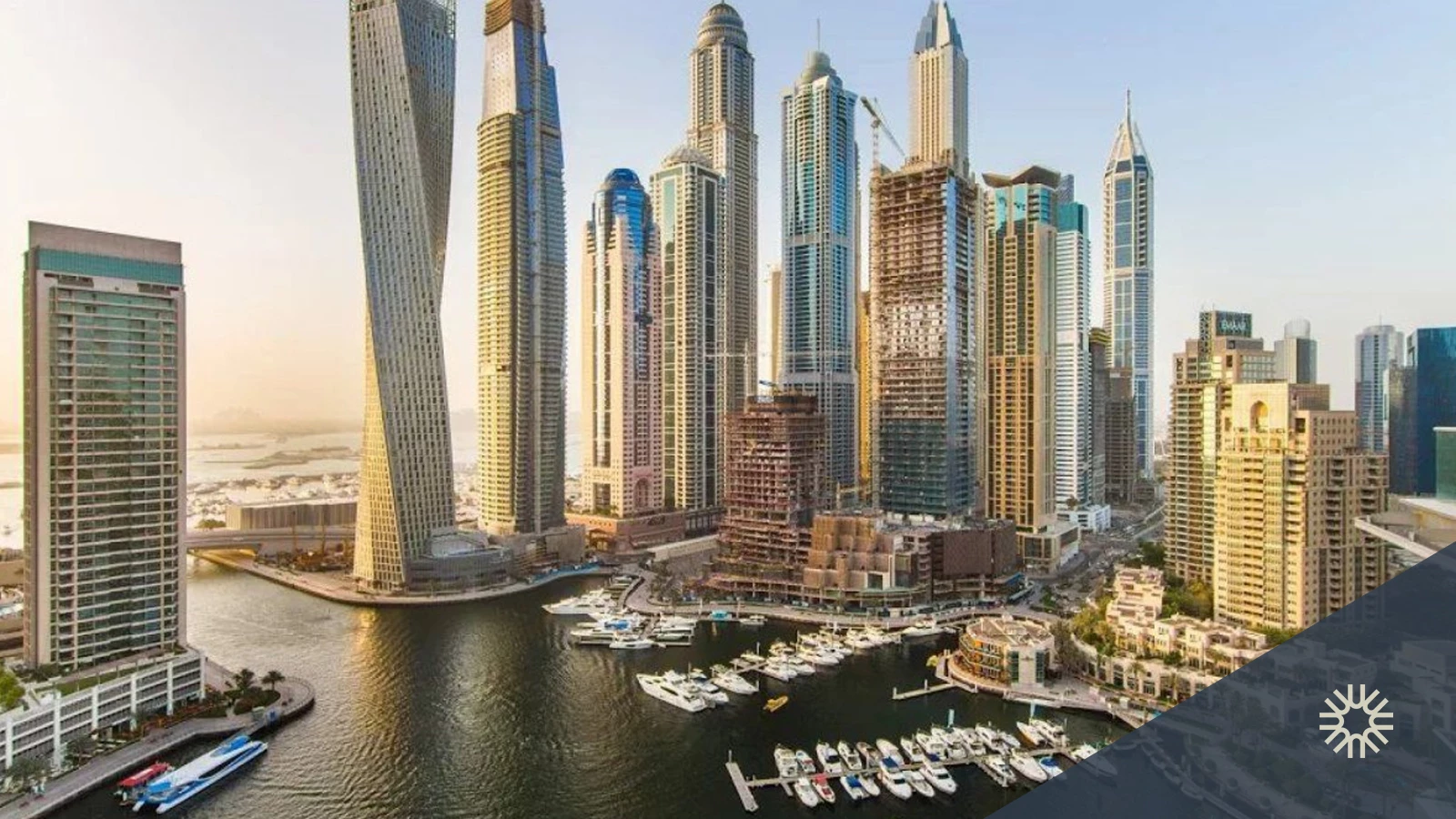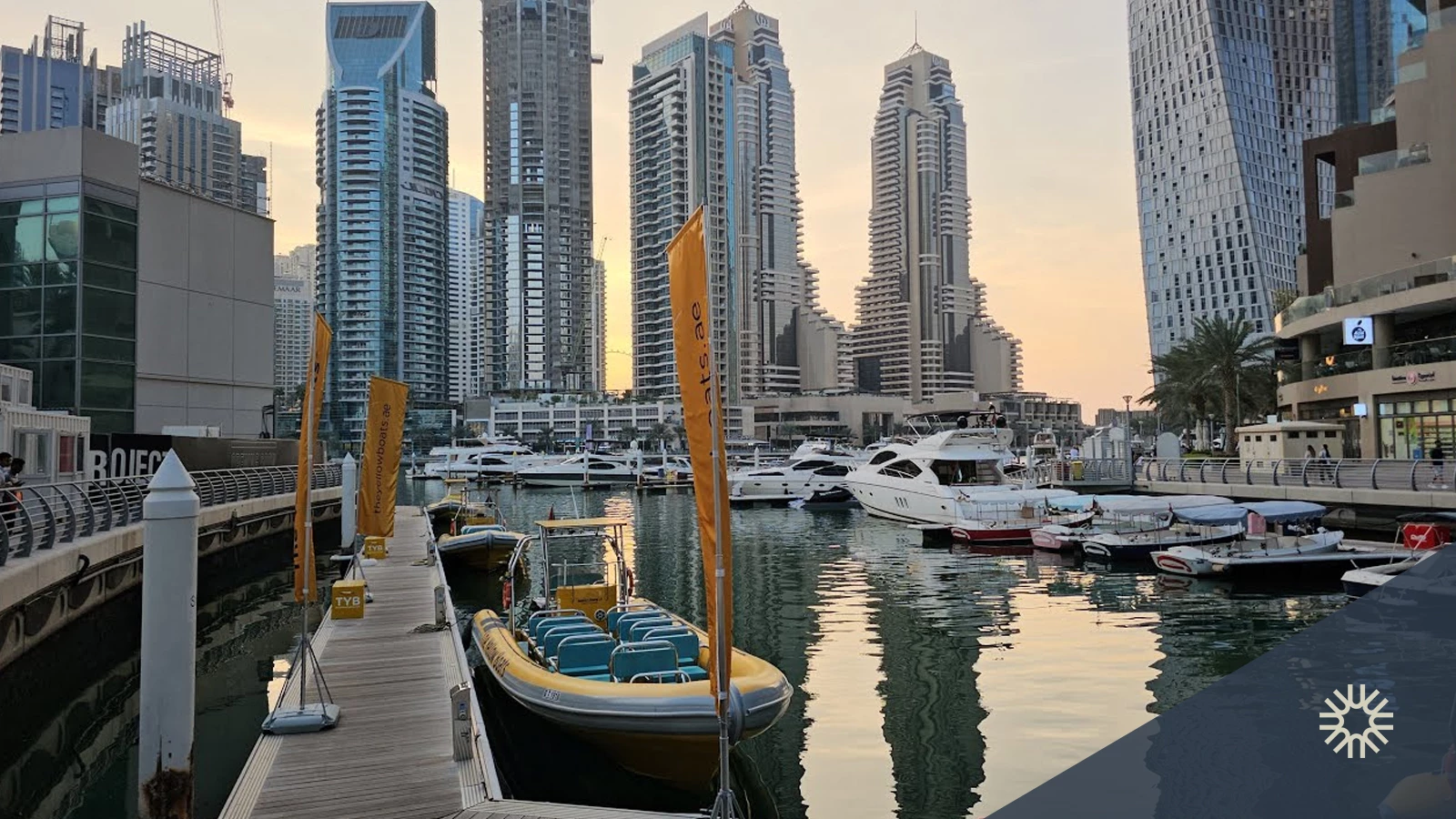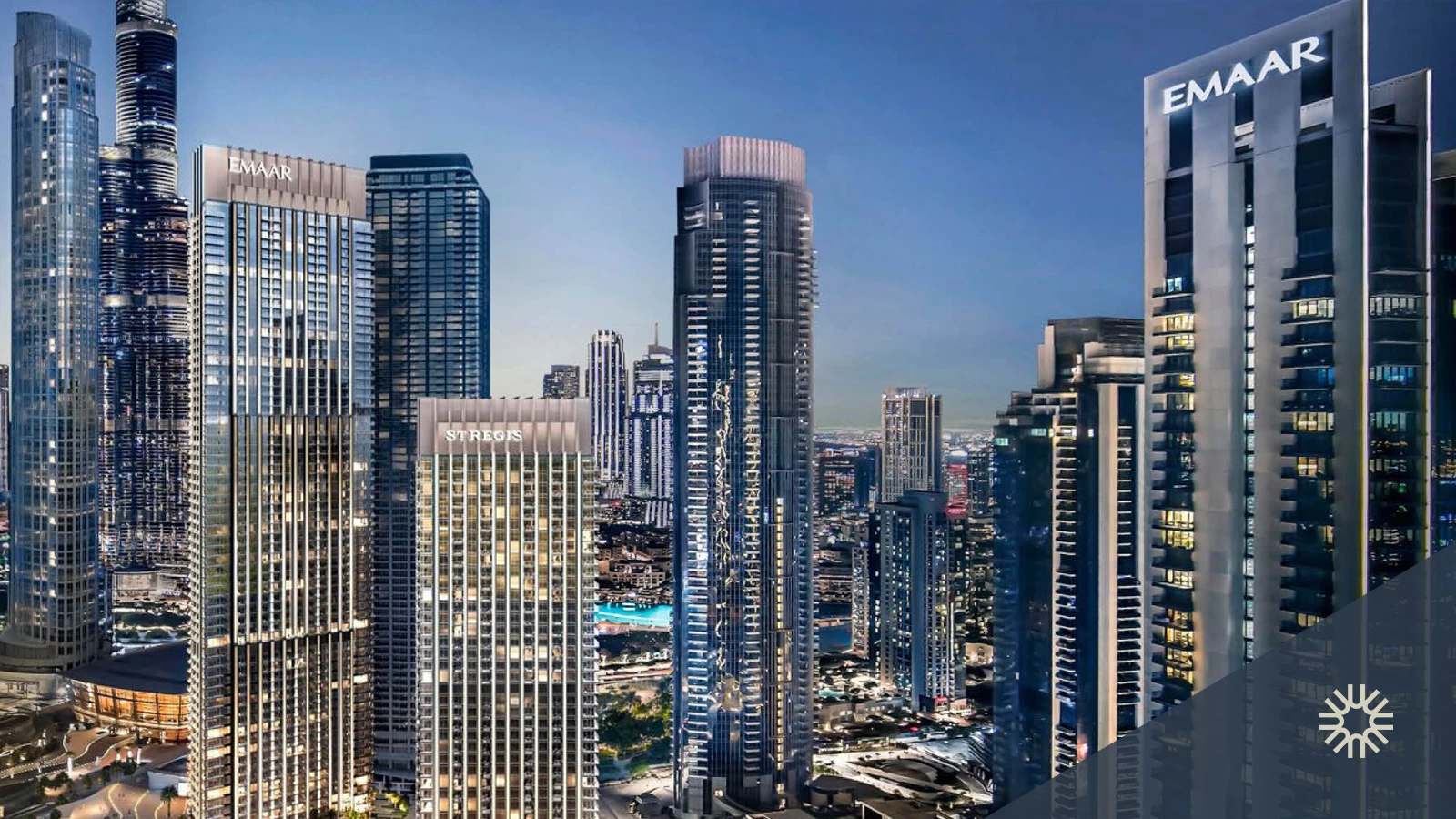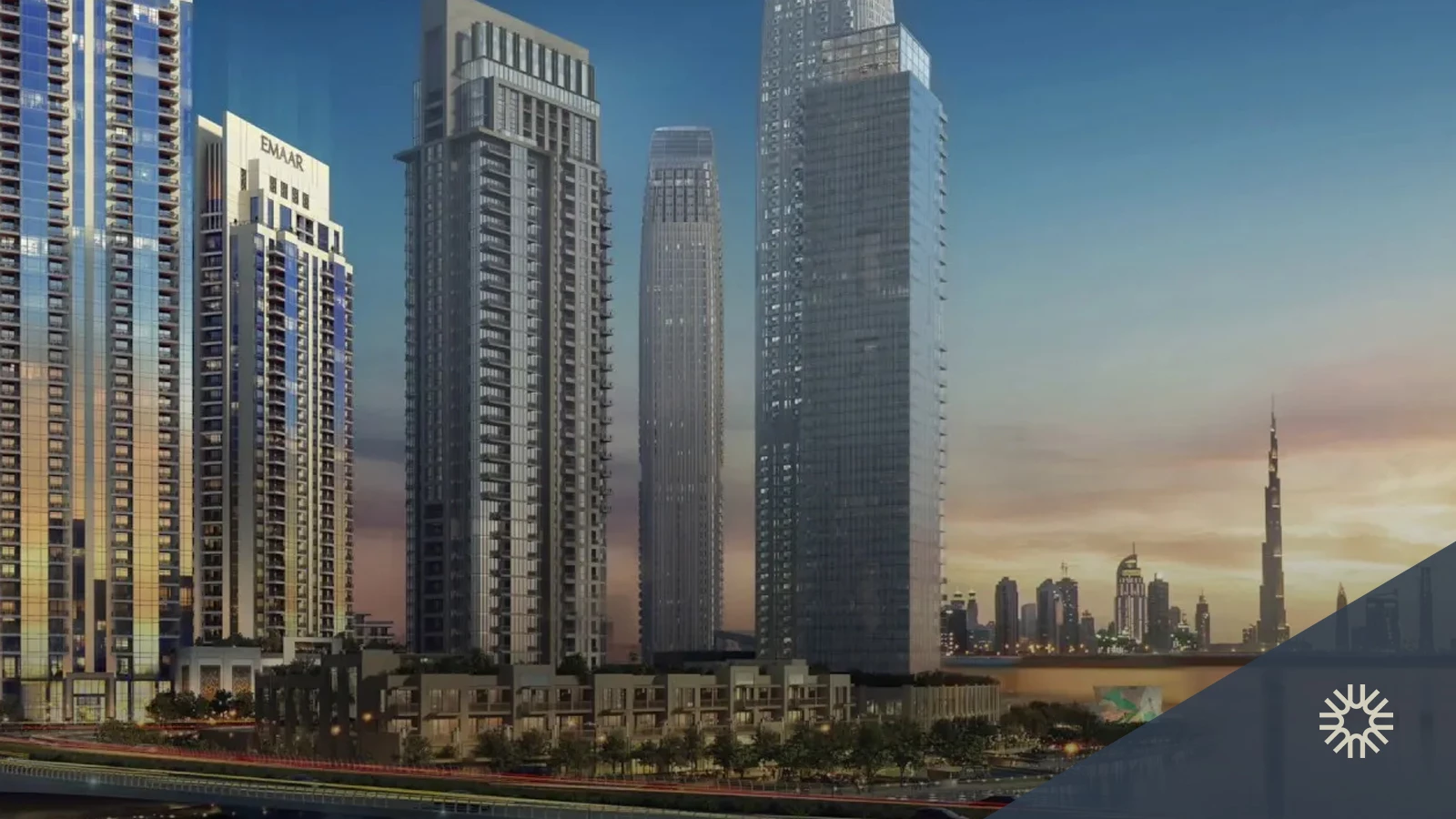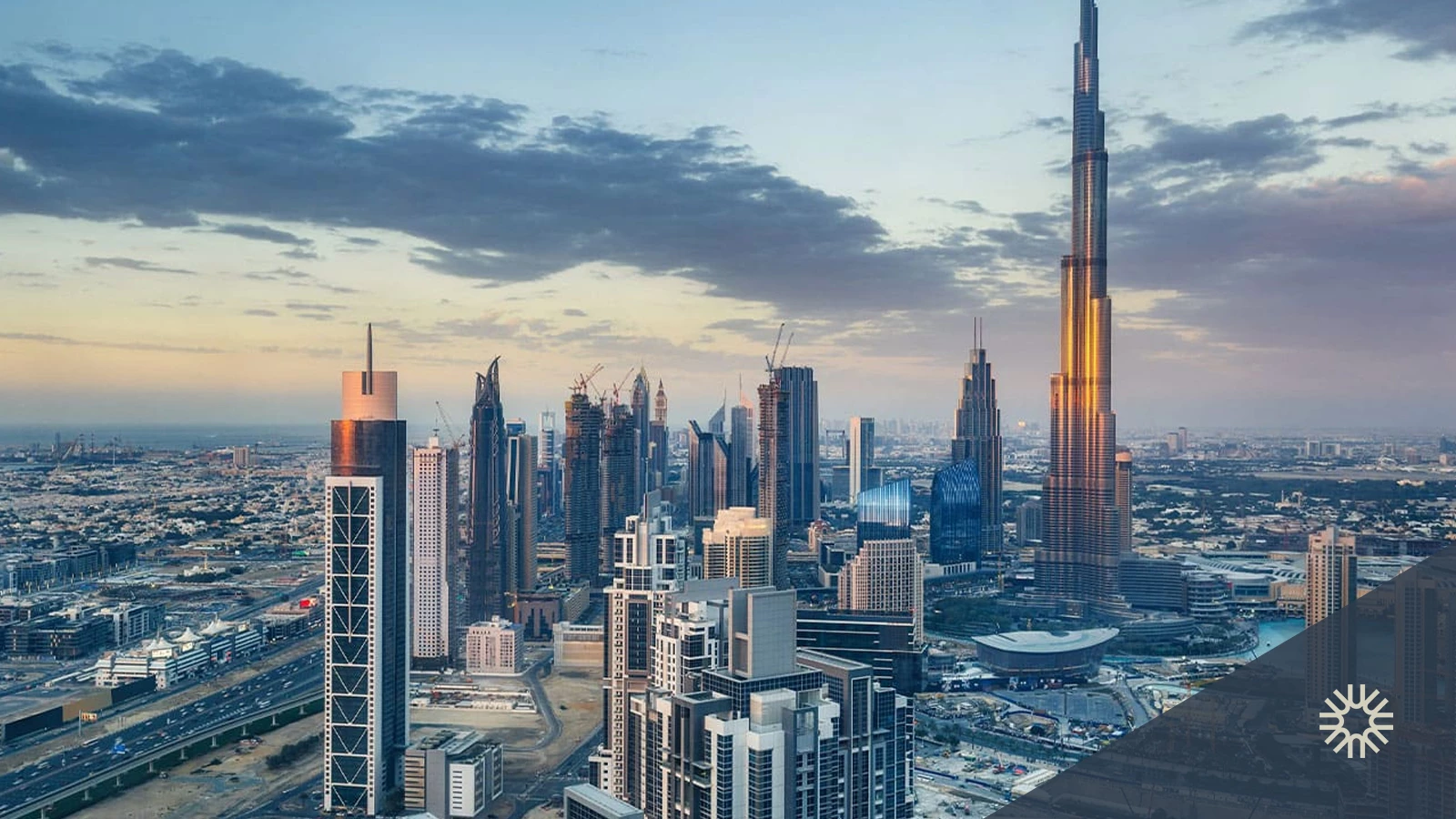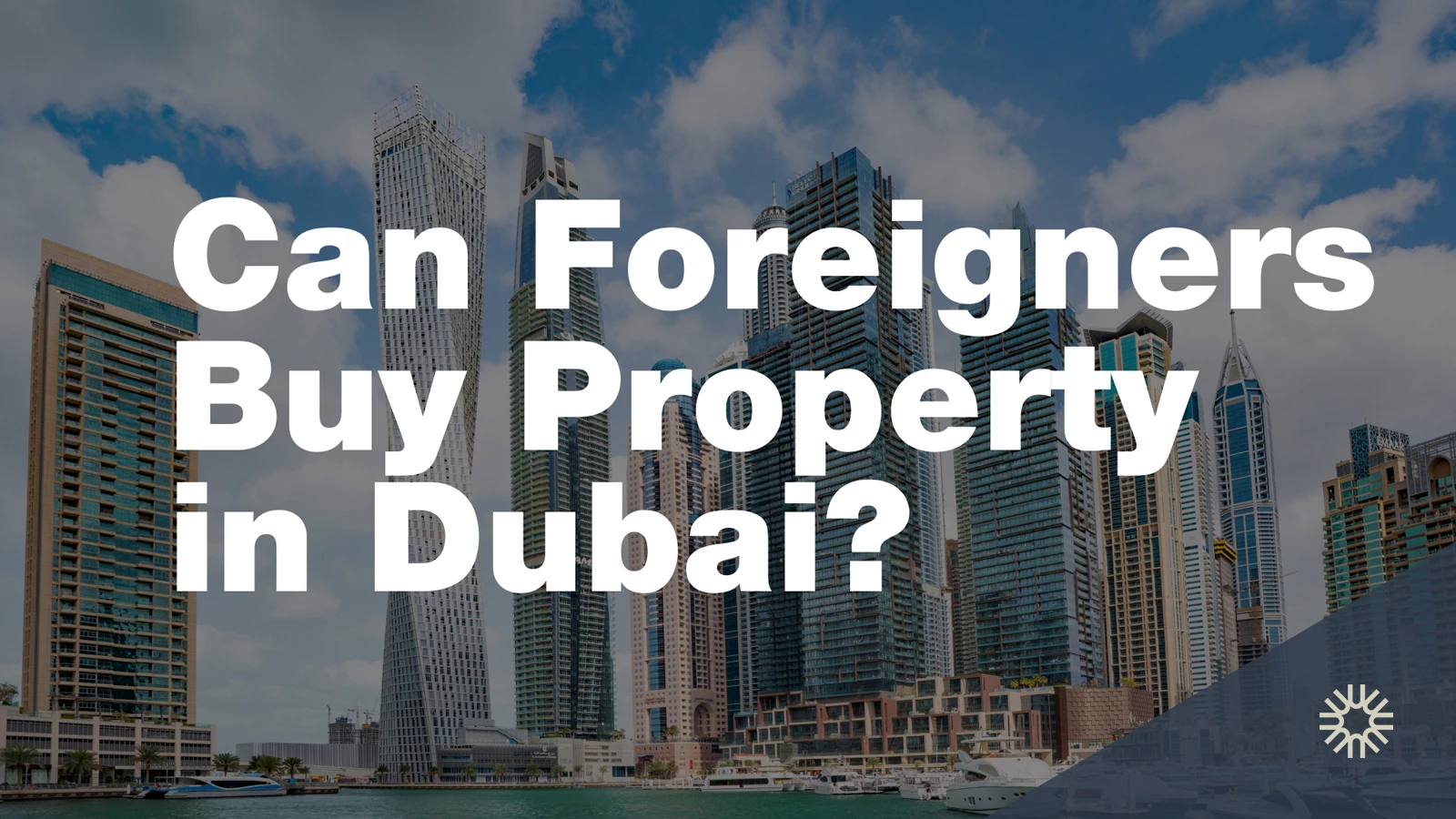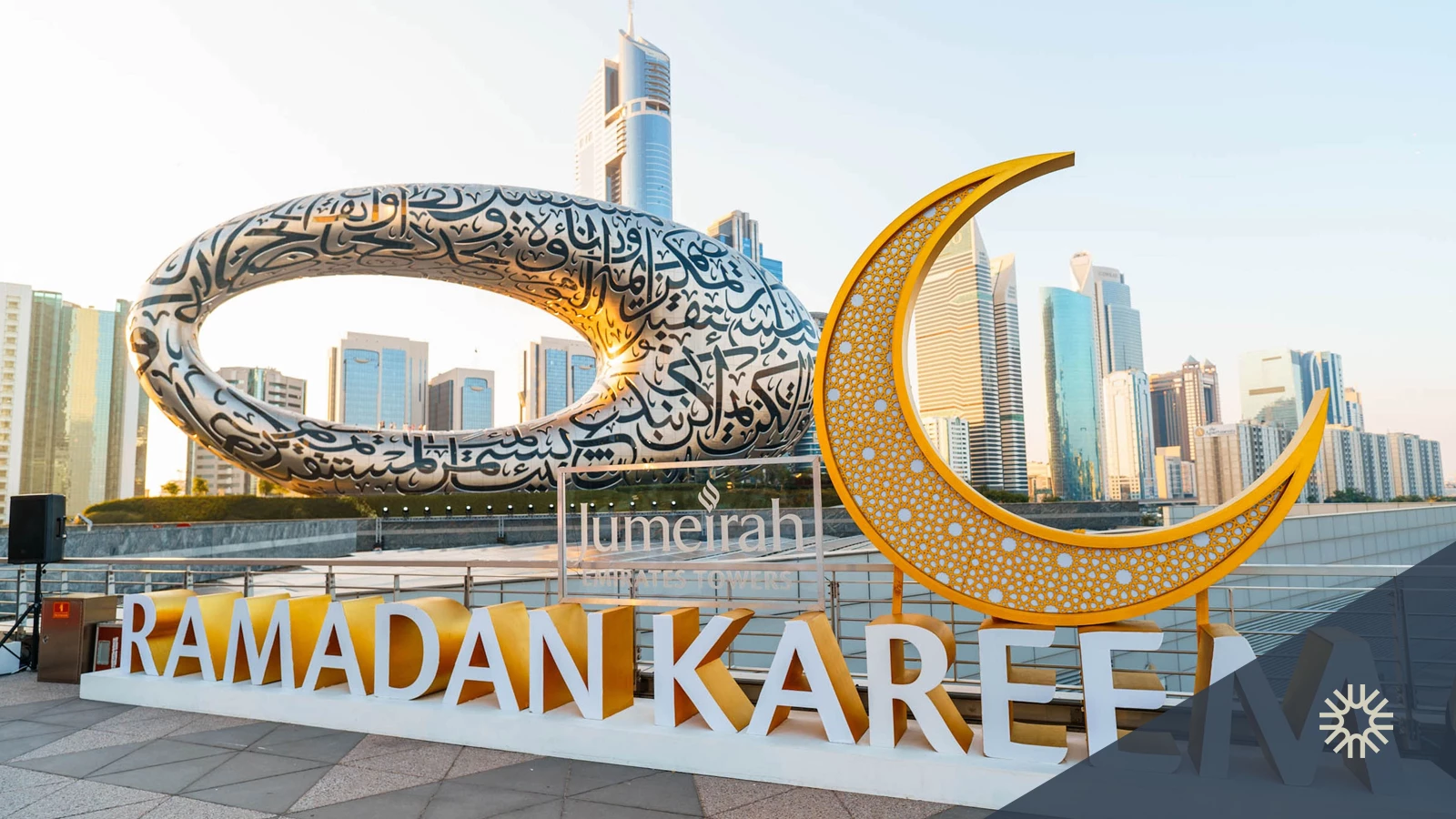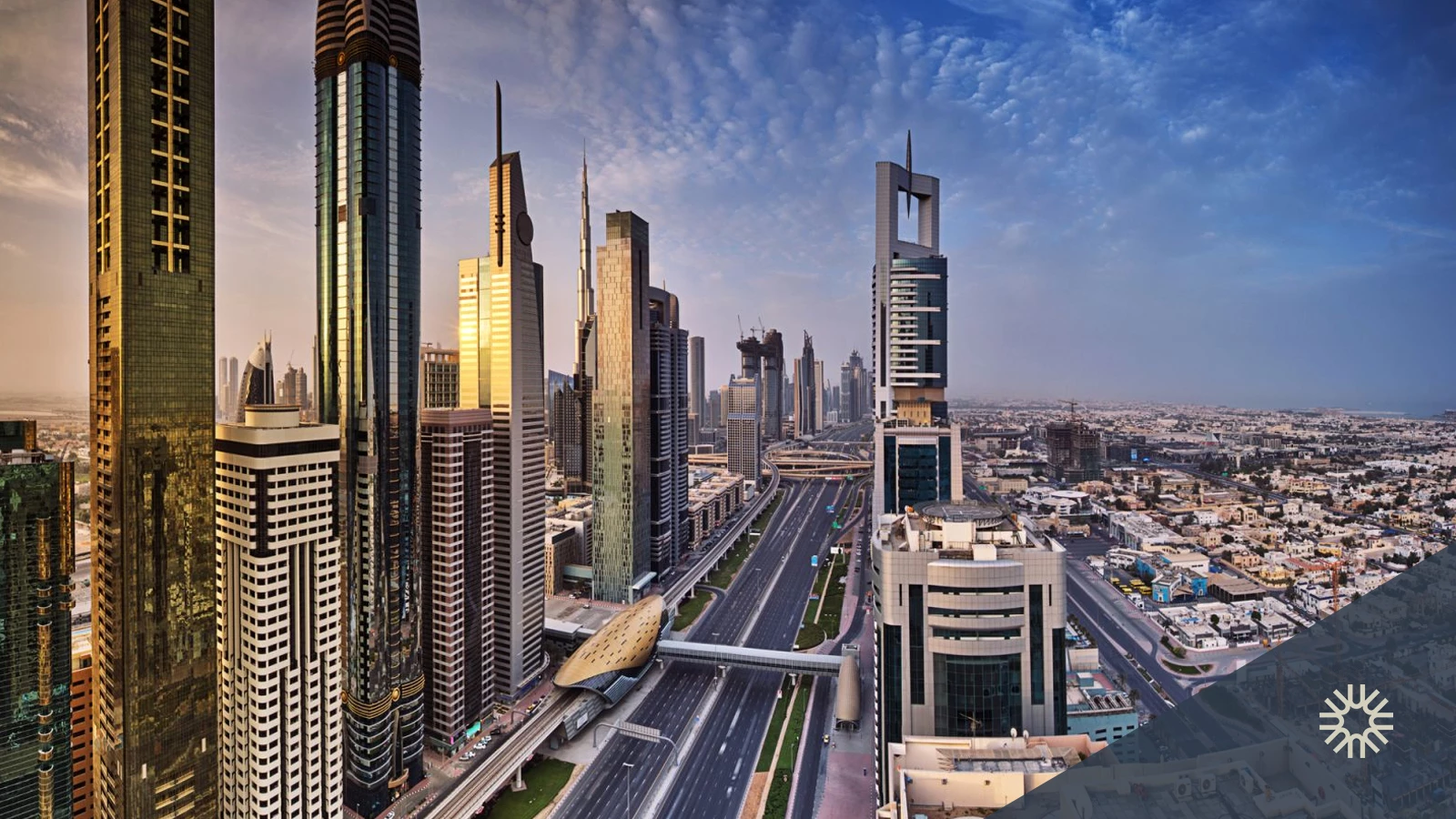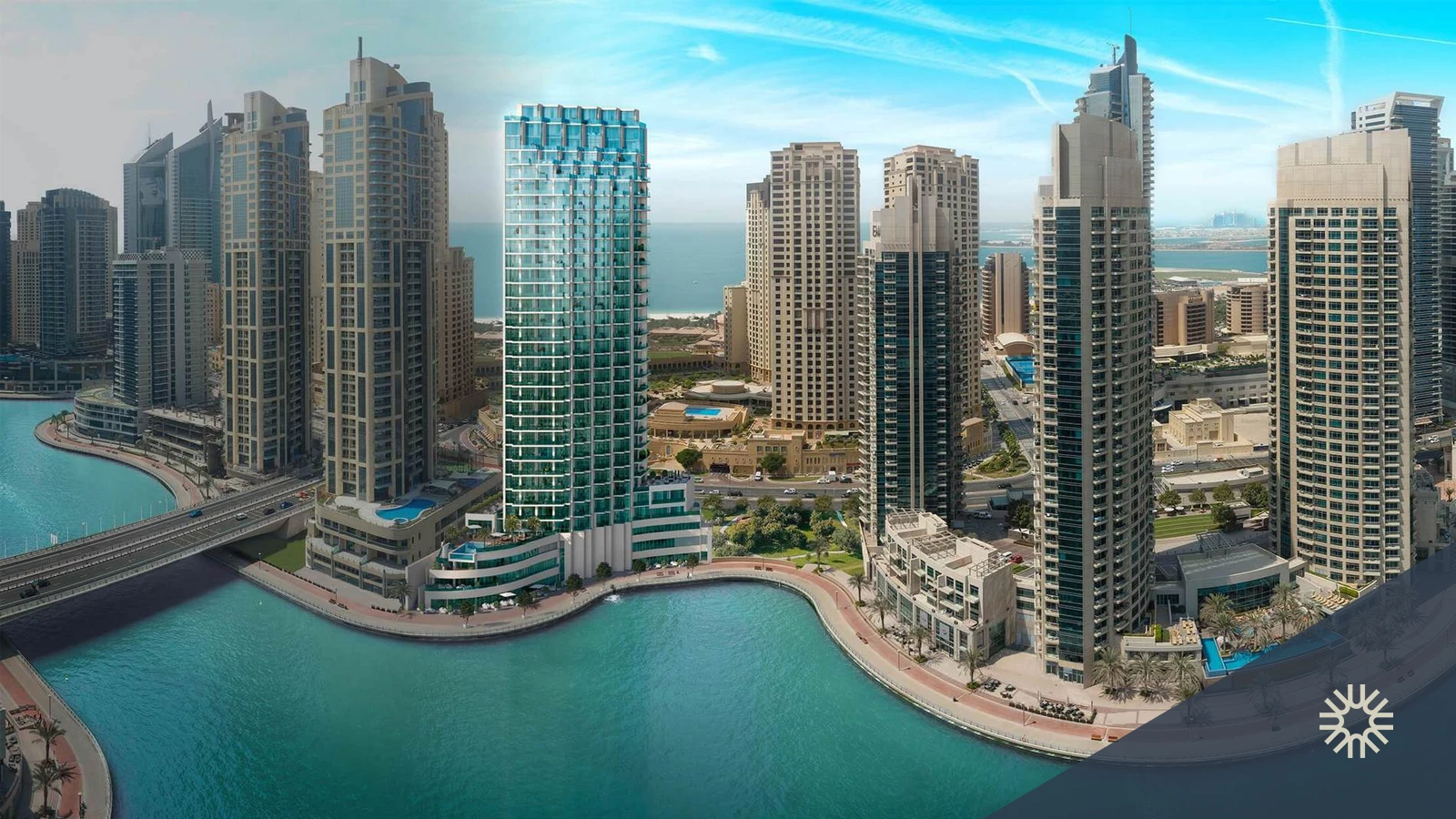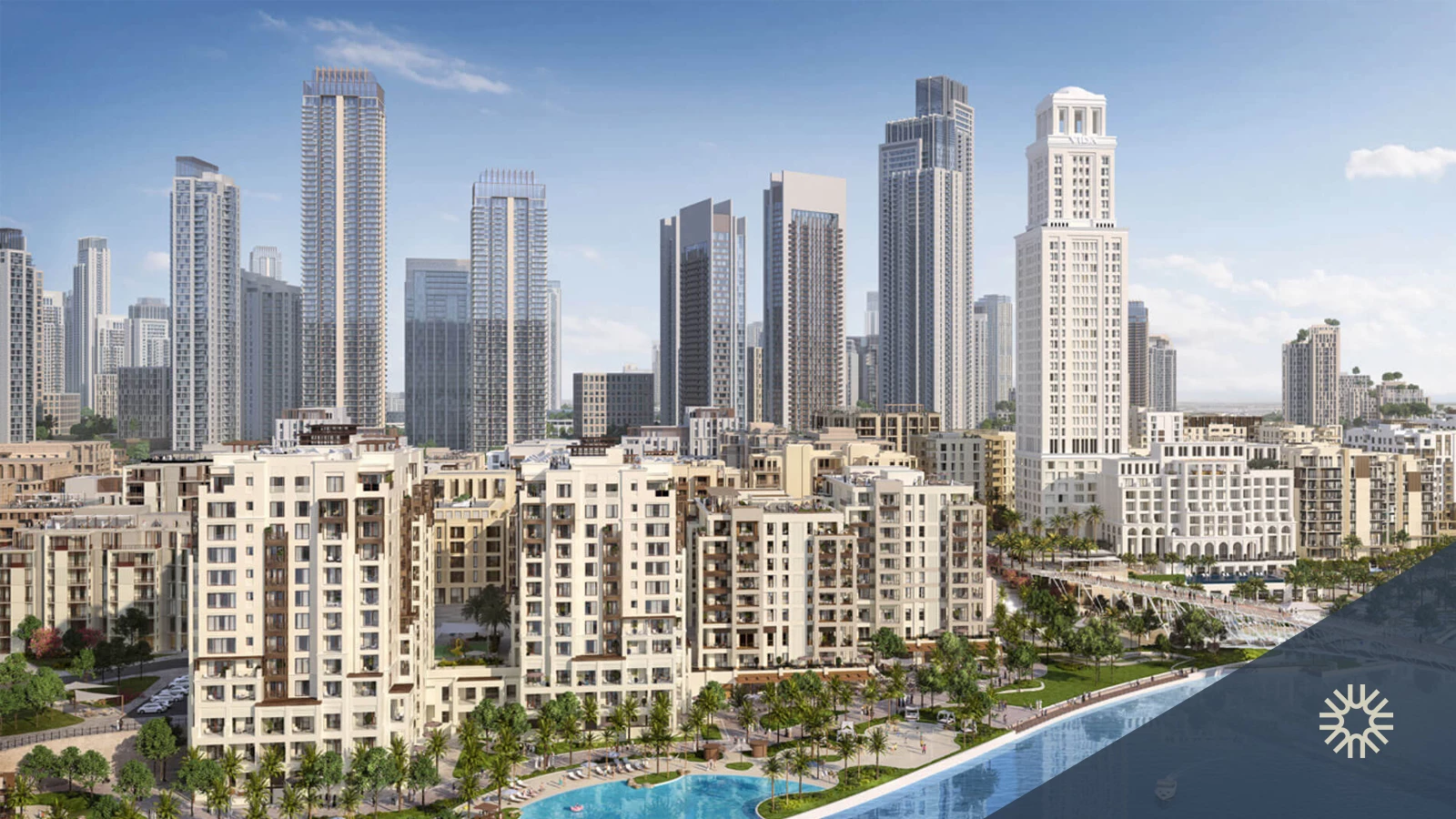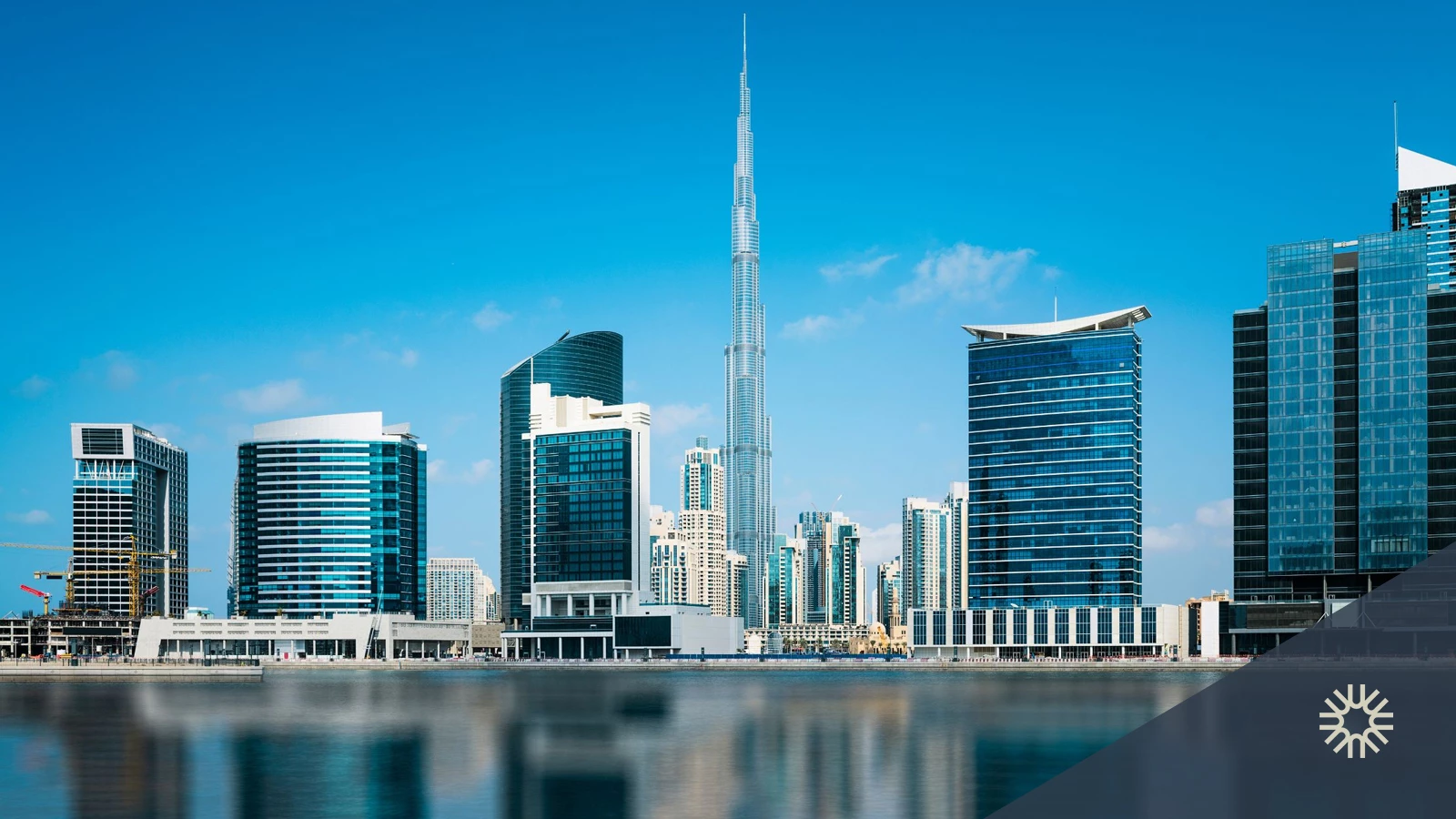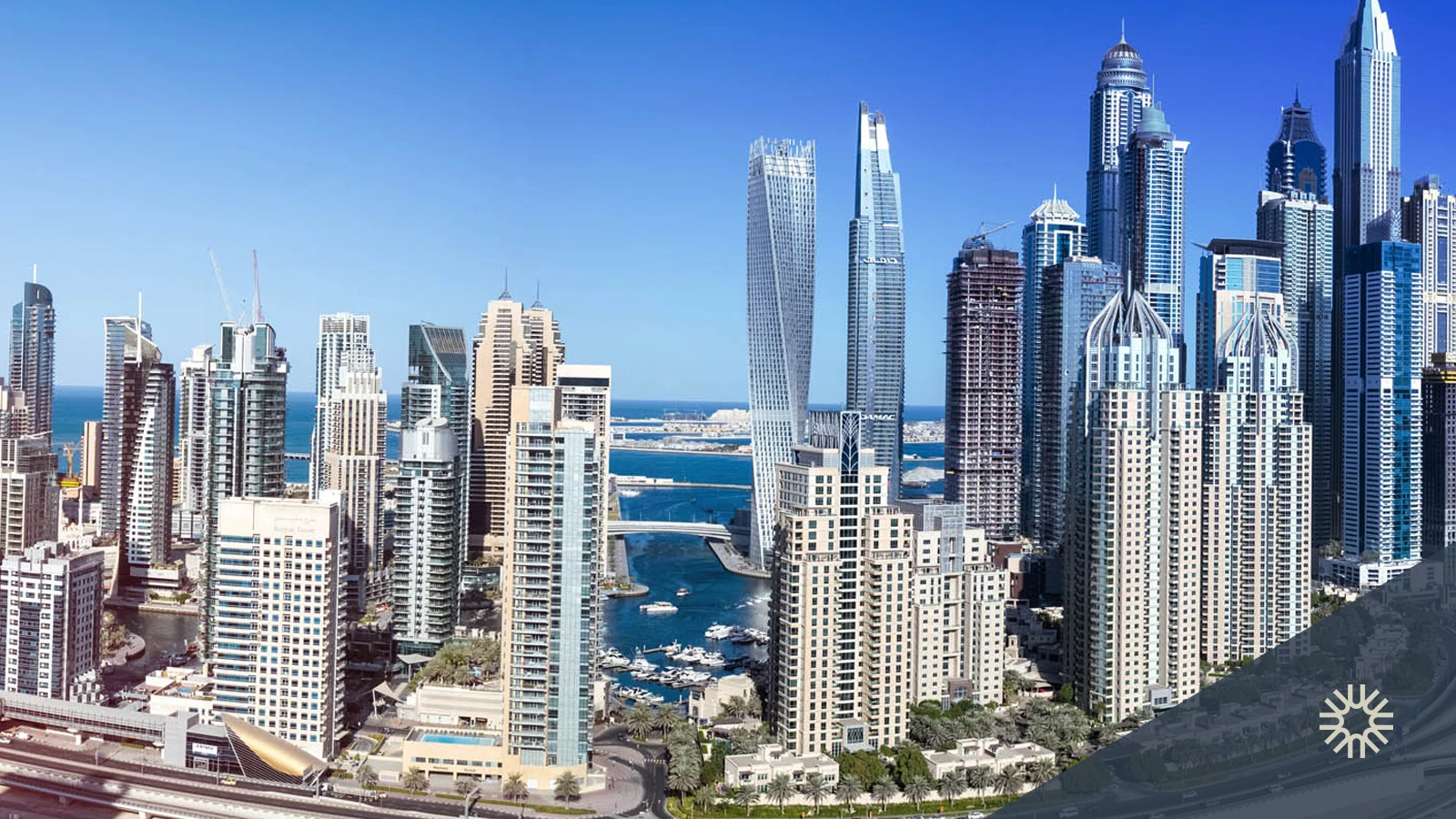Is Dubai Gearing Up for a Property Tax? What the Market Rumors Mean for Investors
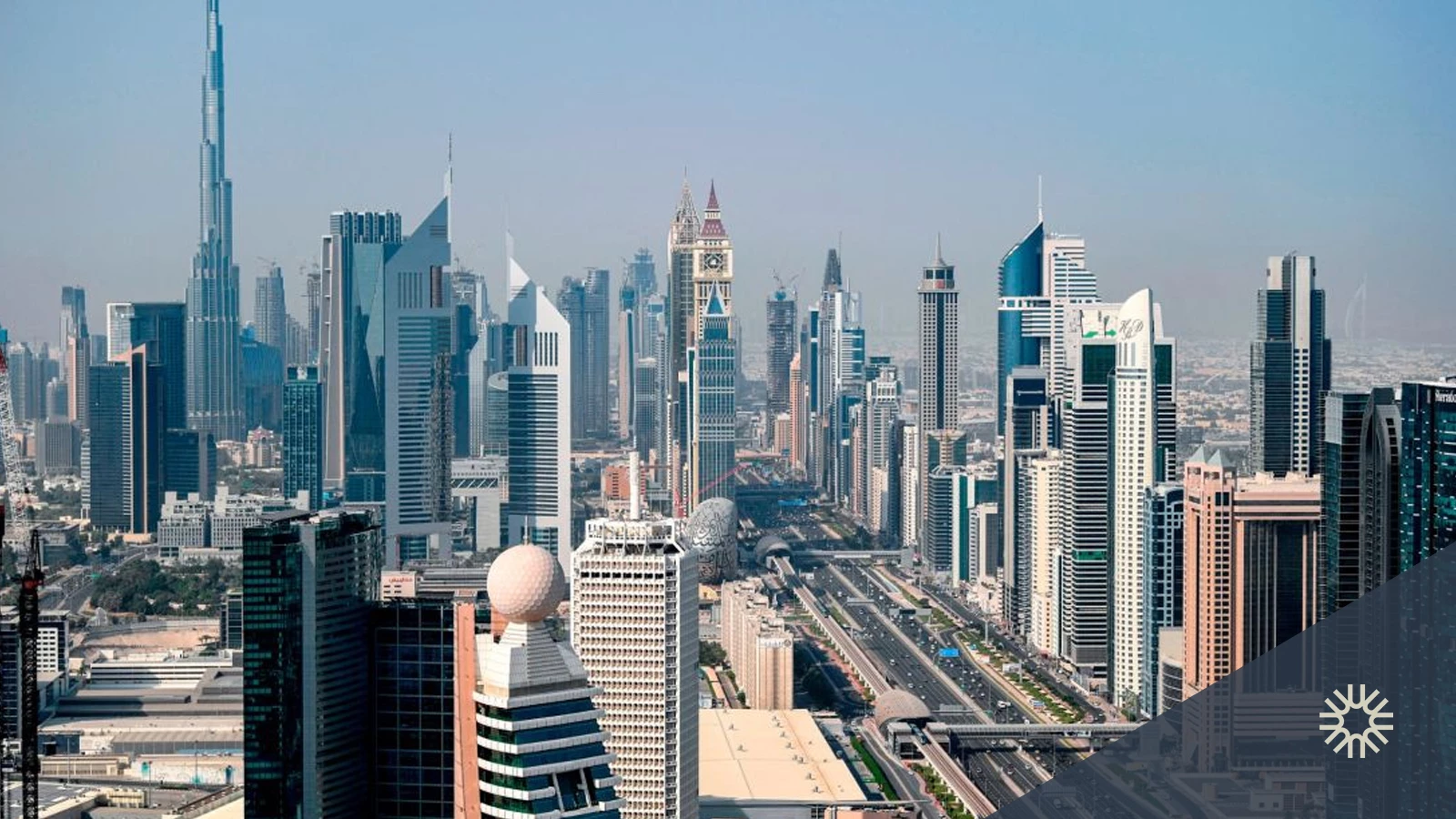
Dubai has long been known as a tax-friendly haven, particularly for property investors who are drawn to its zero-income tax environment and absence of annual property taxation. But as whispers of a potential property tax gain momentum in industry circles, questions are swirling about what such a move could mean for both local and international investors. Is Dubai truly considering a property tax? And if so, what’s driving this conversation now?
While no official announcement has been made, these rumors reveal deeper undercurrents about Dubai’s evolving real estate landscape, shifting government priorities, and the need for long-term economic resilience. For investors, these discussions are more than background noise; they could signal the beginning of a new chapter in how property ownership is structured in the UAE.
Why the Rumors Are Gaining Ground
Dubai’s real estate market has seen unprecedented maturity in recent years, evolving from a speculative playground into a globally respected investment hub. As part of this evolution, regulatory frameworks and taxation systems are increasingly under review to match the expectations of institutional investors and long-term stakeholders.
The speculation around a property tax isn’t coming out of thin air. It reflects broader shifts across the region like increasing focus on sustainability, infrastructure financing, and balanced economic diversification. While Dubai has historically relied on transaction-based fees and registration charges to generate revenue from its property sector, a recurrent tax model is being quietly discussed as a mechanism to stabilize fiscal flows without depending heavily on oil or tourism.
From an economic strategy lens, the introduction of a modest property tax could be seen as a way to enhance long-term stability and public services, something that would, in turn, increase Dubai's attractiveness as a place to live, work, and invest.
What a Property Tax Could Look Like (In Theory)
If Dubai were to implement a property tax, it’s likely the structure would reflect the emirate’s pro-business, pro-investor DNA. Instead of imposing a burdensome system, any potential tax would probably be modest, predictable, and designed to preserve Dubai’s competitiveness in the global real estate arena.
It might be a flat annual levy based on property value or category residential, commercial, or vacant. Or it could mirror the UAE’s general approach to regulation: low-rate, tech-enabled, and easily administered. There's also the possibility of exemptions for certain ownership types, long-term residents, or off-plan developments under construction.
Ultimately, if a tax does come, it's not expected to derail the market. Instead, it would likely be introduced gradually, with clear communication from regulators and room for investor adaptation.
Impact on Investor Behavior
Rumors of a property tax whether substantiated or not tend to spark strong emotional and financial reactions. But savvy investors will recognize this as a sign of a maturing market rather than a deterrent.
In fact, institutional investors often prefer stable, rule-bound markets where costs are predictable and governance is robust. A transparent tax system could actually boost long-term confidence, especially among family offices, REITs, and sovereign wealth funds seeking security over speculative upside.
Short-term, we might see a flurry of transactions from investors looking to lock in properties ahead of any official change. Long-term, the focus is likely to shift toward value-driven investing communities with high yield potential, strong occupancy, and lifestyle integration will attract more attention than ever.
Dubai’s Global Position Still Remains Competitive
Even with potential taxation, Dubai remains an incredibly attractive market. Its no-capital-gains environment, absence of inheritance tax, investor-friendly visa options, and access to world-class infrastructure give it an edge over many global counterparts.
Cities like London, New York, and Singapore already impose various property taxes, yet investors continue to flock to those locations due to strong fundamentals. Dubai offers similar fundamentals with better weather, fewer regulatory hurdles, and more strategic access to Asia, Africa, and Europe.
From this perspective, a small annual levy (if it ever comes to pass) would not be a game-changer but rather part of Dubai’s ongoing evolution toward a fully integrated, sustainable economic ecosystem.
What Investors Should Be Doing Right Now
Rather than reacting out of fear, this is the time for thoughtful strategy. Investors should review their portfolios, assess risk exposure, and work closely with advisors to understand potential outcomes.
Here’s what seasoned buyers are already considering:
Diversification: Spreading investment across asset classes (residential, commercial, short-term rental) within Dubai can buffer against policy shifts.
Community Focus: Neighborhoods with lifestyle appeal, amenities, and long-term tenant demand are better positioned to absorb regulatory adjustments.
Holding Strategy: Investors with a long-term outlook will benefit more than those chasing quick flips, especially in an evolving policy environment.
Staying informed and not reactive is the best approach. Watch what the government does, not just what the media speculates.
Could This Actually Benefit the Market?
Surprisingly, yes. A well-structured property tax could bring positive ripple effects. It may help curb speculative buying, reduce vacancy rates in certain districts, and channel funds back into infrastructure, sustainability, and public services. That, in turn, supports overall property value appreciation.
For developers, this also signals an opportunity to design offerings that cater to long-term residents, think wellness communities, eco-friendly buildings, and family-focused layouts.
Dubai’s leadership has consistently shown that any policy updates are made with long-term vision, not short-term patchwork. If a tax is introduced, expect it to be pragmatic, globally competitive, and aligned with investor interests.
Conclusion: Dubai Is Evolving, Not Retreating
The property tax rumors aren’t a red flag, they're a reflection of a maturing market that’s aligning with global standards while retaining its unique investor appeal. For those willing to take a long-term view, Dubai continues to offer unmatched opportunities, forward-looking infrastructure, and a quality of life that rivals the world’s top cities.
At Unique Properties, we believe the best investments are made with clarity, not speculation. Whether or not Dubai moves forward with a property tax, the fundamentals remain strong and understanding the evolving dynamics is key to staying ahead.
Ready to future-proof your portfolio in Dubai’s evolving real estate landscape?
Explore our expert insights, community guides, and exclusive listings at Unique Properties Blog and make your next investment move with confidence.
